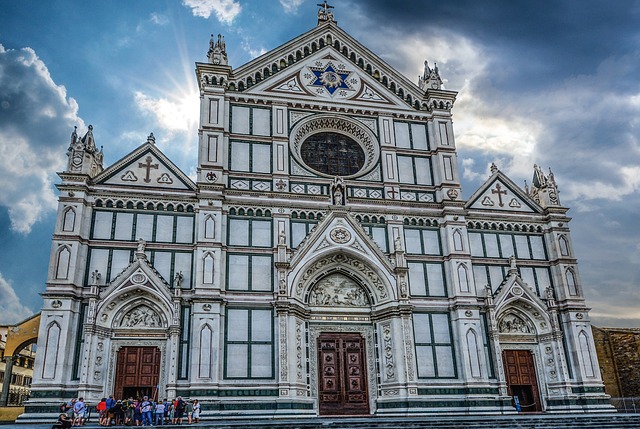Florence, located along the Siuslaw River, emerged from its 1900s founding as a logging hub to become a culturally rich destination. The river's historical significance as a vital transportation route for logging and trade is reflected in the city's development and identity. Florence's attractions blend historical landmarks showcasing its logging industry past with modern cultural offerings, drawing visitors interested in both its heritage and contemporary vibrancy.
Florence, nestled along the scenic Siuslaw River, has evolved dramatically since its founding in the 1800s. Once a bustling hub for maritime trade and logging, the city’s rich history intertwines with its natural beauty. Today, Florence stands as a vibrant cultural center, boasting historical landmarks that tell tales of its past while embracing modern developments. From its maritime beginnings to its status as a top tourist destination, exploring Florence’s journey offers a captivating glimpse into a place where tradition meets contemporary charm.

Florence, nestled along the scenic Siuslaw River, boasts a rich history that dates back to its founding in the early 1900s. The city’s maritime heritage is deeply rooted in its past, with the river serving as a vital transportation artery for logging and trade, shaping the very fabric of its development. Over time, Florence evolved beyond its logging industry roots, cultivating a vibrant cultural scene that attracts visitors from around the world. This transformation is evident in its historical landmarks, each telling a unique story of the city’s past, from its humble beginnings to its modern-day prominence as a cultural gem.
The Siuslaw River, with its significant role in facilitating trade and industry, remains an integral part of Florence’s identity. The city’s founding history is intertwined with the logging industry, which flourished during its early years, leaving behind remnants that contribute to its rich heritage. Today, Florence stands as a testament to the harmonious blend of historical significance and modern cultural evolution, making it a fascinating destination for those eager to explore Oregon’s diverse tapestry.
API responded with status code 524.

Florence, with its rich founding history dating back to the early 19th century, has evolved significantly over time, especially in recent decades. The city’s strategic location along the Siuslaw River, which played a pivotal role in its maritime history, continues to shape its modern identity. Initially established as a logging hub, Florence leveraged its abundant natural resources for economic growth. However, as the 20th century progressed, the city experienced a cultural evolution that transformed it into an artistic and tourism-centric destination.
The Siuslaw River’s significance remains evident in Florence’s vibrant landscape, where historical landmarks like the old logging industries have given way to modern attractions. The city’s past is intertwined with its present, creating a unique tapestry of history and progress. This blend of traditions and innovation has contributed to Florence’s appeal, drawing visitors interested in exploring both its cultural heritage and contemporary developments.
